
Sayeeda Warsi, a former member of the House of Lords.
London, MINA – The way some British media depicts Islam and Muslims negatively is much worse than it was in 2011, Anadolu Agency quoted former Tory co-chair and member of the House of Lords Sayeeda Warsi as saying Tuesday.
Providing evidence to the House of Commons’ Home Affairs Committee on “hate crime and its violent consequences”, Warsi said British Muslims were constantly targeted by certain print media outlets.
“I could spend hours and hours on negative depiction by the written press,” she said.
Warsi said low-level poisoning via negatively written stories was now a “daily occurrence”.
Also Read: Zelenskyy Concerned About Trump-Putin Meeting in Alaska Without Ukraine
Chris Frost, the chairman of the National Union of Journalists, said the “problem is a large-scale” problem now.
Frost told the committee that some of the evidence he gathered was appalling, namely how some editors instructed their reporters to write stories in a particular way.
“One of the best ways of selling newspapers is making people believe that there is a risk. Because of the ISIS [Daesh], Muslims are the group targeted,” he said.
Frost underlined that as much as 64 percent of the British public received information about Islam and Muslims through the media, most not seeking any further information.
Also Read: UK Announces £8.5 Million in Humanitarian Aid for Gaza
“It is vitally important for newspapers to know what they are talking about,” he said.
Both Warsi and Frost also drew attention to the fact that the Independent Press Standards Organization (IPSO) was “not fit for purpose” to handle complaints about fake anti-Muslim stories.
Warsi said reporters could not get away with homophobic, racist and anti-Semitic reports but the situation regarding anti-Muslim reporting is “much worse than it used to be in 2011”.
“IPSO allows discrimination against a certain group. It should re-think about their role,” she said.
Also Read: Over 250,000 March Across Britain in Historic Protest Against Gaza Violence
Fear
Warsi told the committee that young Muslim girls wearing headscarves and easily identifiable as Muslims are now standing by the walls in tube stations with the fear of being pushed on the rails.
“I did not think we would still have a debate about the headscarf in 2018,” she said.
Frost also pointed out that the negative Muslim coverage by the national print media encouraged individual blog writers to do the same.
Also Read: Salah Slams UEFA for Omitting Cause of Death in Farewell to Palestinian Pele
“Especially the tabloids choose those stories deliberately because they know it would sell,” he said.
The committee also heard that some anti-Muslim stories that appeared on online versions of certain outlets, such as the Daily Mail, were quickly picked up by far-right figures and went viral.
Baroness Warsi urged the prime minister and the leader of the opposition party to give a major speech about Muslims’ contribution to the U.K.
Anti-Muslim attacks in the U.K. spiked after deadly terror attacks in Manchester and London Bridge last year, according to official figures. (T/RS5/RS1)
Also Read: Five Nations Condemn Israel’s Plan to Occupy Gaza City
Mi’raj Islamic News Agency (MINA)





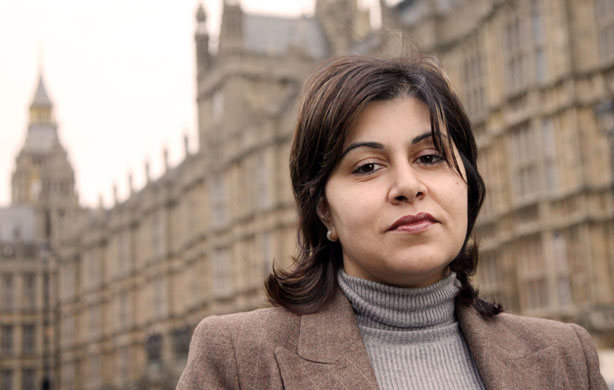

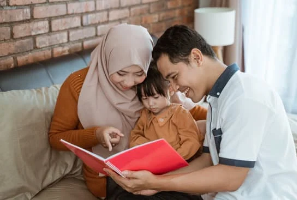
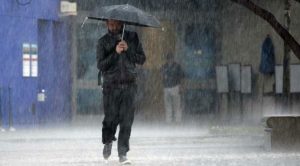


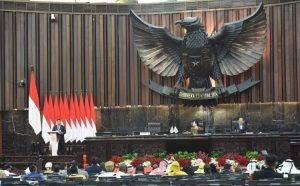


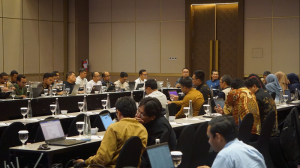
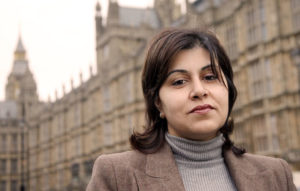



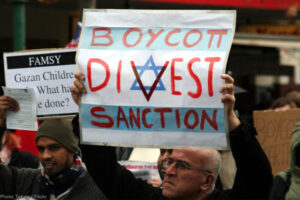
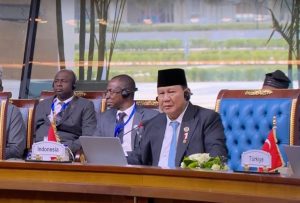
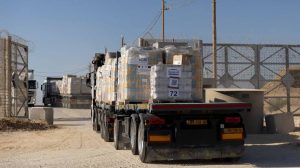


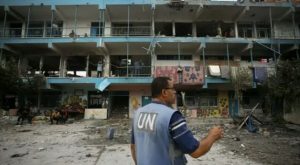
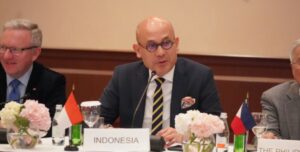
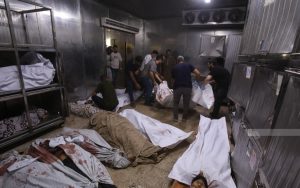
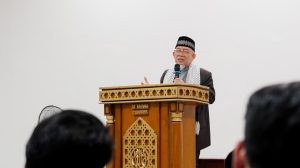



 Mina Indonesia
Mina Indonesia Mina Arabic
Mina Arabic